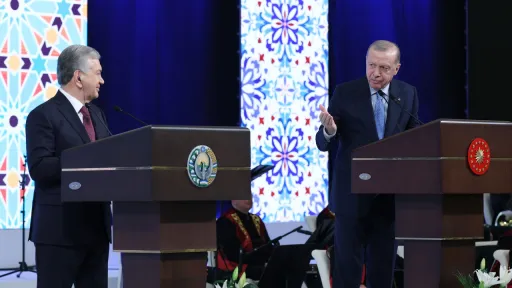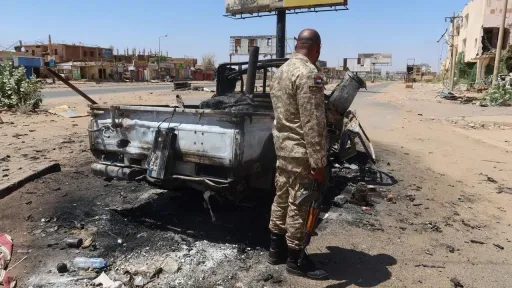Mozambique's government confirmed on Tuesday that tens of thousands have been driven from their homes by a wave of insurgent attacks in the restive north, but rejected calls for a state of emergency.
"We are talking about 67,321 displaced people," government spokesperson Filimao Suaze told a press conference in the capital Maputo, describing the situation in Cabo Delgado province.
This figure, he said, "Corresponds to 14,270 families who are therefore considered to have arrived in the province of Nampula and ... other places."
But Suaze said the government did not "believe that the conditions for declaring a state of emergency ... in Cabo Delgado have yet been created."
Fresh unrest
Fresh unrest broke out in northern Mozambique two weeks ago, according to local reports and figures for displaced people from the UN migration agency IOM.
The IOM has put the numbers fleeing attacks from Macomia, Chiure, Mecufi, Mocimboa da Praia and Muidumbe at 71,681 between December 22 and February 25.
Between last Wednesday and Thursday alone the IOM recorded over 30,000 displaced people arriving in Namapa town, just south of Cabo Delgado province, by bus, boat or foot.
"The primary needs reported across all hosting districts include food, shelter or non-food items, and health services and support," an IOM spokesperson told AFP.
SADC mission coming to an end
The insurgency erupted in October 2017 when armed fighters attacked coastal areas in gas-rich northern Cabo Delgado, close to the Tanzanian border.
Since July 2021, thousands of troops from Rwanda and the SADC regional bloc have deployed to shore up the Mozambican military and have since helped retake control of much of Cabo Delgado.
The SADC mission is to come to an end by mid-July, according to the bloc.
But Suaze told reporters he refused "to talk about this, at least for now."
'Under control'
He insisted Mozambique was "doing everything it can" to "fight terrorism and guarantee security for the population at such a level that the fact that a certain force left or another remained is not noteworthy."
Last week President Filipe Nyusi confirmed new population movements, but played down the threat and insisted security forces had the situation under control.
Almost 5,000 people have been killed and almost a million have been forced to flee their homes since militants launched the insurgency.
➤ Click here to follow our WhatsApp channel for more stories.























